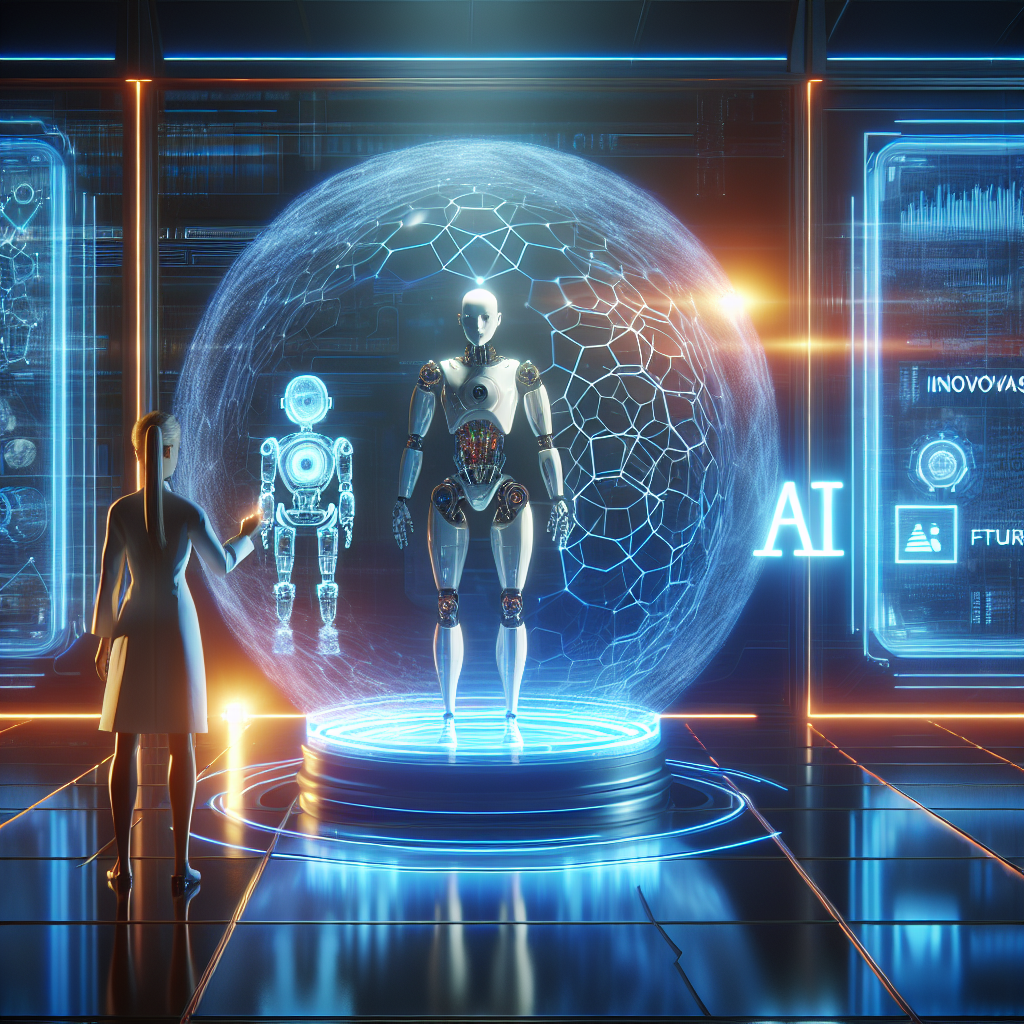In recent years, artificial intelligence (AI) has evolved from a theoretical idea to a fundamental element of contemporary innovation, presenting transformative solutions for some of the most urgent issues we face today. This article delves into important advancements in AI, emphasizing how these innovations are poised to revolutionize industries and enhance global living standards.
1. Revolutionizing Healthcare
Customized Medical Treatments
One of the most notable advancements in AI is its role in customized medical treatments. Machine learning algorithms sift through extensive datasets of patient histories, genetic information, and treatment results, allowing healthcare practitioners to personalize medical interventions. For example, AI can forecast individual reactions to specific medications, resulting in safer and more effective therapies.
Improving Diagnostic Precision
AI-powered diagnostic instruments, particularly those using deep learning, have demonstrated remarkable accuracy in identifying diseases, often surpassing human specialists. For instance, AI systems are trained to recognize conditions, such as cancer, in medical imaging, facilitating earlier diagnoses and better patient outcomes.
2. Advancements in Autonomous Systems
Innovations in Transportation
Self-driving technology exemplifies one of the most visible forms of AI application. Companies like Waymo and Tesla are at the forefront of developments aimed at enhancing road safety and alleviating traffic congestion. Autonomous vehicles employ a mix of sensors and AI algorithms to maneuver through complex environments, making instantaneous decisions that boost safety and efficiency.
Industrial Robotics
In the manufacturing sector, AI-driven robots are transforming production lines, increasing efficiency, and cutting costs. The integration of AI enables robots to adjust to varying conditions and execute complex tasks that were previously deemed possible only by humans. Collaborative robots, known as cobots, work alongside human operators, improving productivity without displacing jobs.
3. Promoting Environmental Sustainability
Addressing Climate Change
AI is crucial in tackling climate change. From improving energy usage in smart grids to forecasting weather patterns, AI-driven solutions are essential for building efficient and sustainable systems. Machine learning algorithms assist researchers in interpreting climate data, offering insights that support informed policymaking.
Intelligent Agriculture
In farming, AI technologies are empowering growers to boost yields while minimizing resource waste. Through precision agriculture, AI systems evaluate soil conditions, weather forecasts, and crop health, enabling data-informed decision-making. Drones equipped with AI can oversee extensive fields, ensuring timely application of water and fertilizers.
4. Enhancing Security
Advancements in Cybersecurity
With the rise in cyber threats, AI is becoming a pivotal force in cybersecurity. Intelligent systems can monitor network behavior to identify anomalies, facilitating real-time responses to potential risks. By uncovering vulnerabilities before they can be exploited, AI plays a vital role in safeguarding sensitive information and maintaining trust in digital frameworks.
Improving Public Safety
AI technologies are increasingly being utilized in public safety and law enforcement. Predictive policing algorithms assess crime data to optimize resource distribution, aiming to prevent crime rather than just reacting to it. Although this poses ethical dilemmas, when executed with transparency, these systems can significantly improve community safety.
5. Advancements in Education and Accessibility
Tailored Learning Experiences
AI is reshaping education by delivering personalized learning journeys. Adaptive learning platforms leverage AI to evaluate students’ strengths and weaknesses, customizing educational content to suit their unique needs. This tailored approach fosters engagement and enhances learning outcomes, particularly for students with varied learning styles.
Addressing Accessibility Challenges
For those with disabilities, AI technologies provide creative solutions to improve accessibility. From speech recognition software facilitating communication to AI-driven tools aiding in daily tasks, these advancements empower individuals to live more independently.
Conclusion
The innovations in AI are not merely technological achievements; they embody humanity’s endeavor to confront intricate challenges through innovation and cooperation. As we embrace the potential of AI, it is crucial to address its ethical aspects and strive toward a future where these technologies enhance the welfare of everyone.
The journey of AI is just beginning, and the opportunities appear limitless. By encouraging responsible innovation and interdisciplinary collaboration, we can ensure that AI becomes a catalyst for positive transformation in our world—ushering in a brighter and more sustainable future.

